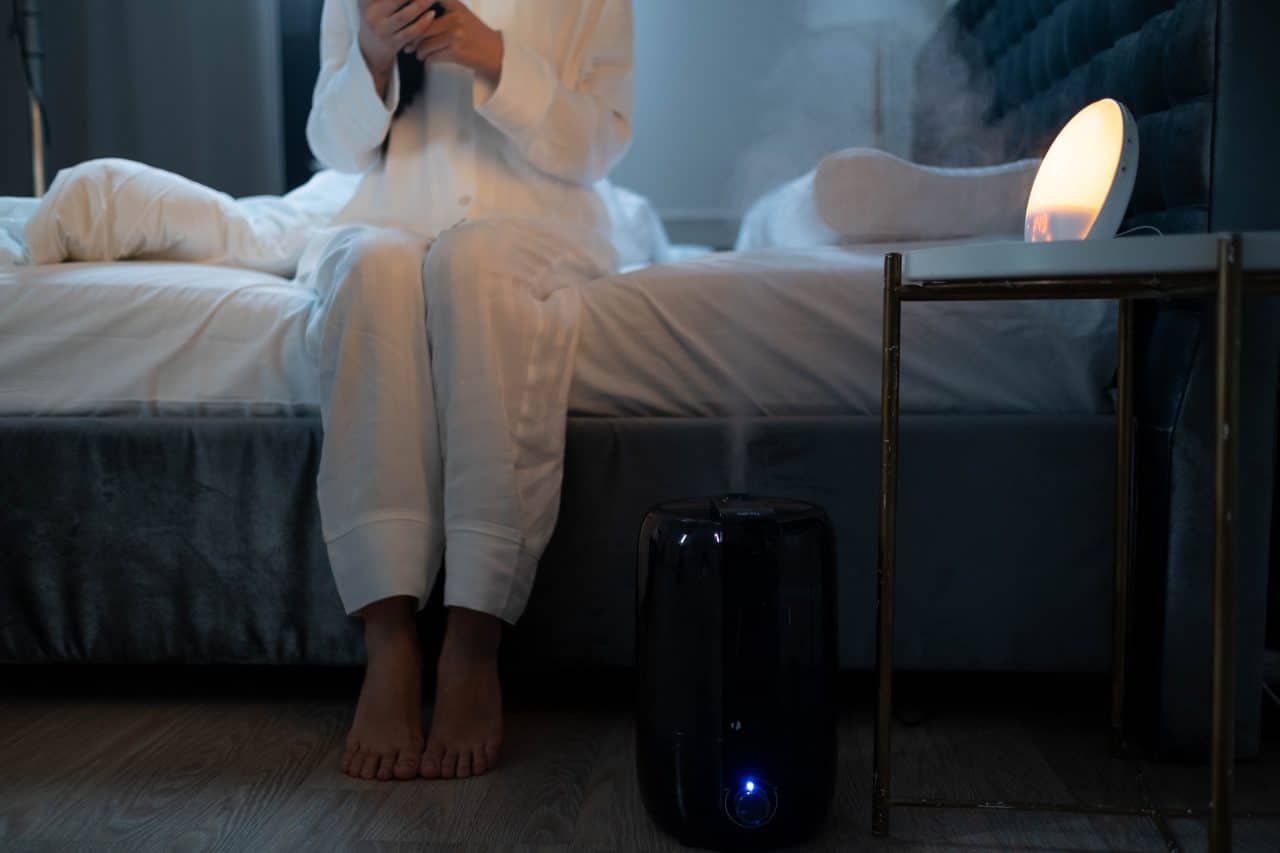Symptoms like headache, facial pain and nasal congestion may mean you have a cold. However, it could also mean you have a sinus infection.
Sinus infections, also known as sinusitis, are an inflammation of the sinuses that occur when fluid builds up and allows germs to grow.
Let’s take a closer look at sinusitis as well as what steps you can take to keep your sinuses healthy and free from infection.
Sinus Infection Symptoms

While you may not experience all of these, common sinus infection symptoms include the following:
- Tenderness under the eyes and bridge of the nose
- Nasal congestion or stuffiness
- Discolored nasal discharge
- Headache in the front of the head
- Coughing
- Fatigue
- Postnasal drip
- Fever
- Pain in the teeth
Sinus infections can be caused by bacterial or viral infections. Additionally, asthma sufferers may be at a higher risk. Sinusitis can be acute or chronic, with symptoms lasting for longer than 12 weeks. According to the Centers for Disease Control and Prevention (CDC), 28.9 million adults in the United States are diagnosed with chronic sinusitis.
Tips to Reduce Your Risk of Sinus Infection
The good news is that there are several steps you can take to lower your risk of sinusitis, including:
- Using a humidifier. Dry air can be a contributing factor to sinus issues. If the air in your home is dry, use a humidifier to add moisture. Just make sure to clean it regularly to keep it free from mold.
- Try nasal irrigation. Nasal irrigation is an at-home treatment to rinse your sinuses. It can help prevent sinus infections or relieve symptoms if you currently have one. You can do this by flushing your sinuses with a saline solution with a Neti pot or a rinse bottle. Nasal irrigation supplies can usually be found at places like Medicine Mart Pharmacy or other South Carolina drugstores.
- Take steps to avoid getting sick. Because sinus infections are often caused by viruses, taking steps to avoid illness, when possible, can help reduce your risk. Make sure to wash your hands regularly with soap and warm water for at least 20 seconds. It’s also important to stay up-to-date on your vaccines to prevent illness.
- Drink plenty of fluids. Drinking lots of water throughout the day keeps mucus thin, which makes it easier for your nasal passages to drain and stay clear.
Seeing Your Doctor
If at-home remedies aren’t helping your sinus symptoms, make an appointment with an ENT specialist. It’s possible that you require prescription medication or may have an underlying condition like nasal polyps that make infection more likely. In this case, minimally invasive surgery may be required to reduce the frequency and severity of your sinus infections.
For more information or to schedule an appointment, call Palmetto ENT & Allergy today.
